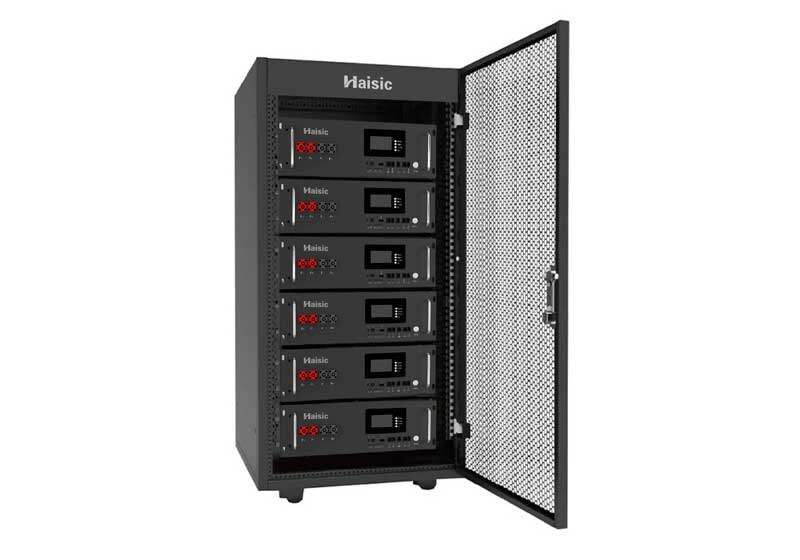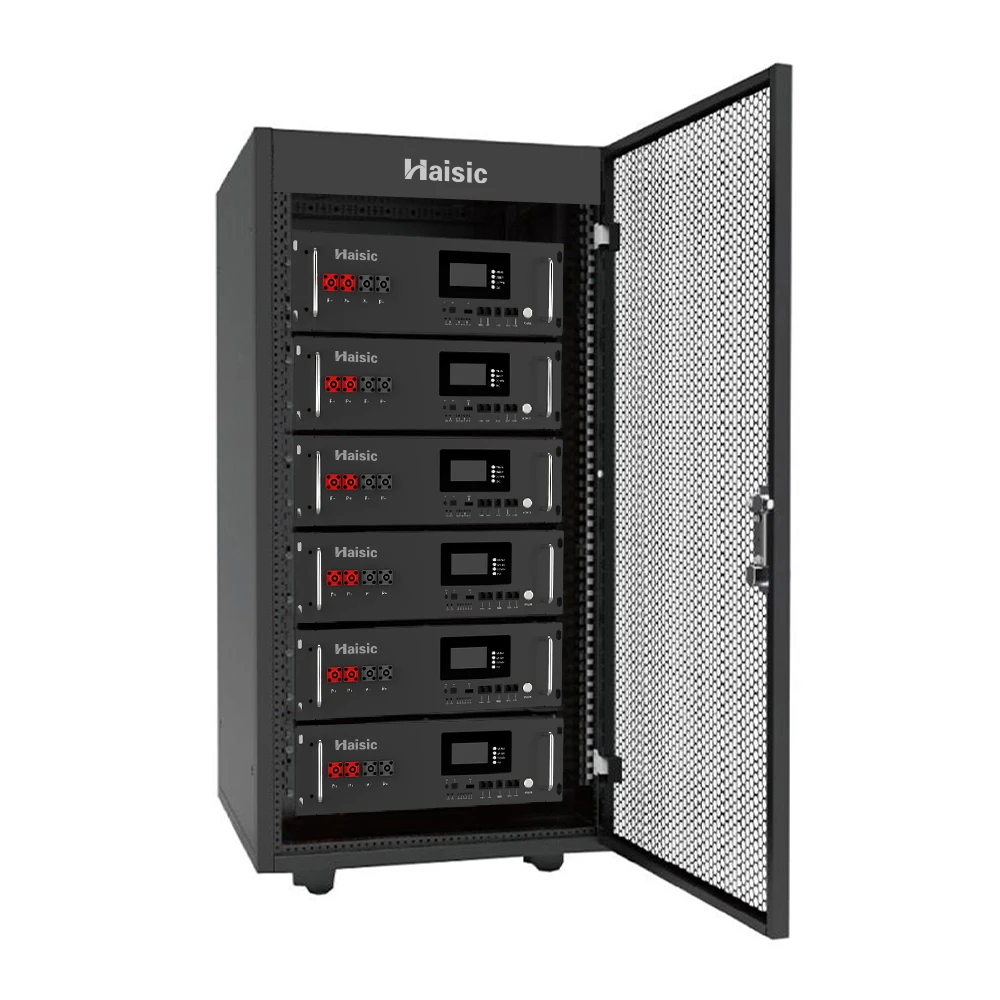Email format error
Email cannot be empty
Email already exists
6-20 characters(letters plus numbers only)
The password is inconsistent
Email format error
Email cannot be empty
Email does not exist
6-20 characters(letters plus numbers only)
The password is inconsistent


Solar energy storage is a crucial component of a sustainable and reliable solar power system. When it comes to selecting the right solar energy storage battery, two key factors to consider are voltage and capacity. In this blog, we will explore the significance of battery voltage and capacity, their relationship, and how they impact the overall performance of solar energy storage systems.

Voltage in Solar Energy Storage Batteries:
Voltage refers to the electrical potential difference between the positive and negative terminals of a battery. It determines the amount of electrical pressure or force that drives the flow of electrons within the battery. In solar energy storage systems, batteries are typically available in different voltage options, such as 12V, 24V, or 48V.
Low Voltage (12V): Low voltage batteries are commonly used in small-scale residential solar energy systems. They are cost-effective and suitable for applications with lower power requirements. However, they may not be ideal for larger systems or those with higher energy demands.
Medium Voltage (24V): Medium voltage batteries strike a balance between cost and performance. They are suitable for medium-sized residential systems or small commercial installations. These batteries offer increased capacity and can handle higher power loads compared to low voltage options.
High Voltage (48V): High voltage batteries are commonly used in larger-scale commercial or industrial solar energy systems. They offer higher capacity and can handle heavy power loads efficiently. However, they may require additional safety precautions and specialized equipment for installation and maintenance.
Capacity in Solar Energy Storage Batteries:
Capacity refers to the amount of energy a battery can store and deliver over a specific period. It is measured in ampere-hours (Ah) or kilowatt-hours (kWh). The capacity of a solar energy storage battery determines how long it can provide power at a specific load before needing to be recharged.
Determining Capacity Requirements: To determine the capacity needed for your solar energy storage battery, consider your energy consumption patterns, the size of your solar panel system, and the duration of backup power required during periods of low sunlight. It is essential to strike a balance between capacity and cost, ensuring that the battery can meet your energy needs without unnecessary oversizing.
Depth of Discharge (DoD): The depth of discharge refers to the percentage of a battery’s capacity that has been used. It is important to consider the recommended depth of discharge for your battery type to maximize its lifespan. Deeper discharge levels may reduce the overall lifespan of the battery.
Voltage and Capacity Relationship:
The voltage and capacity of a solar energy storage battery are interrelated and impact the overall performance of your solar energy system.
Higher Voltage, Lower Current: Higher voltage batteries allow for lower current flow, reducing resistive losses and improving overall system efficiency. This is particularly important for long-distance power transmission or larger-scale systems.
Capacity and Autonomy: The capacity of a battery determines its autonomy, or how long it can provide power without recharging. Higher capacity batteries can provide longer backup power during periods of low sunlight, ensuring uninterrupted power supply.
Conclusion:
Voltage and capacity are critical considerations when selecting a solar energy storage battery. The voltage determines the electrical pressure within the battery, while the capacity determines the energy storage capability. By understanding the relationship between voltage and capacity, you can optimize your solar energy storage system to meet your specific energy needs. Careful consideration of these factors will ensure efficient energy utilization, longer battery life, and a reliable solar power system.